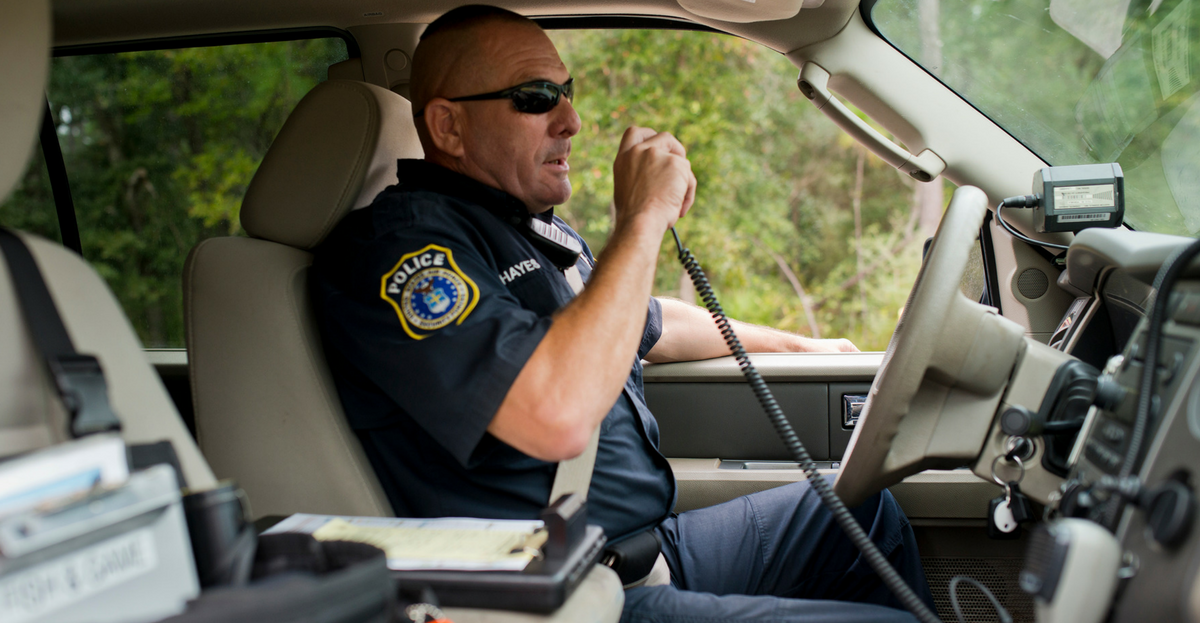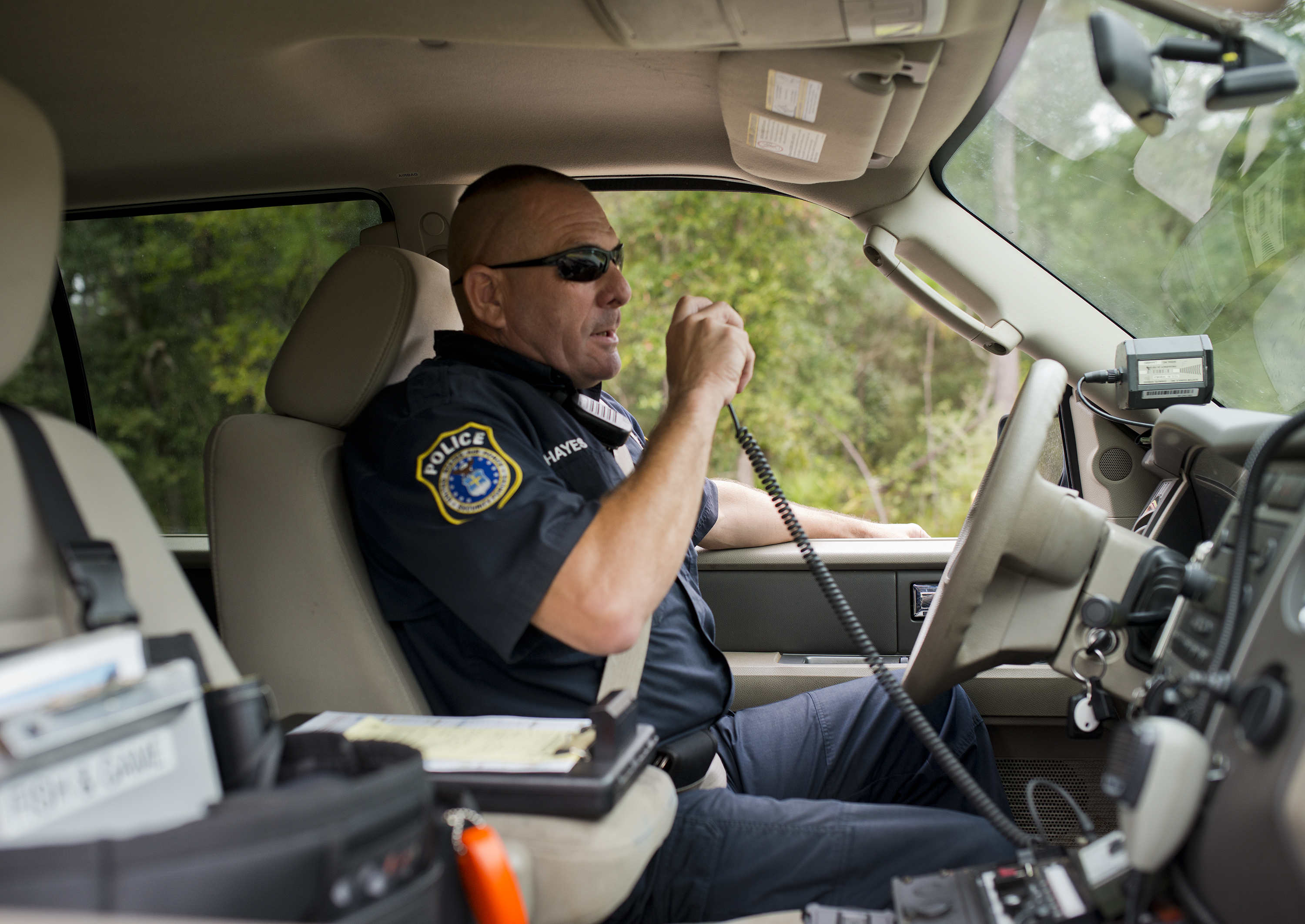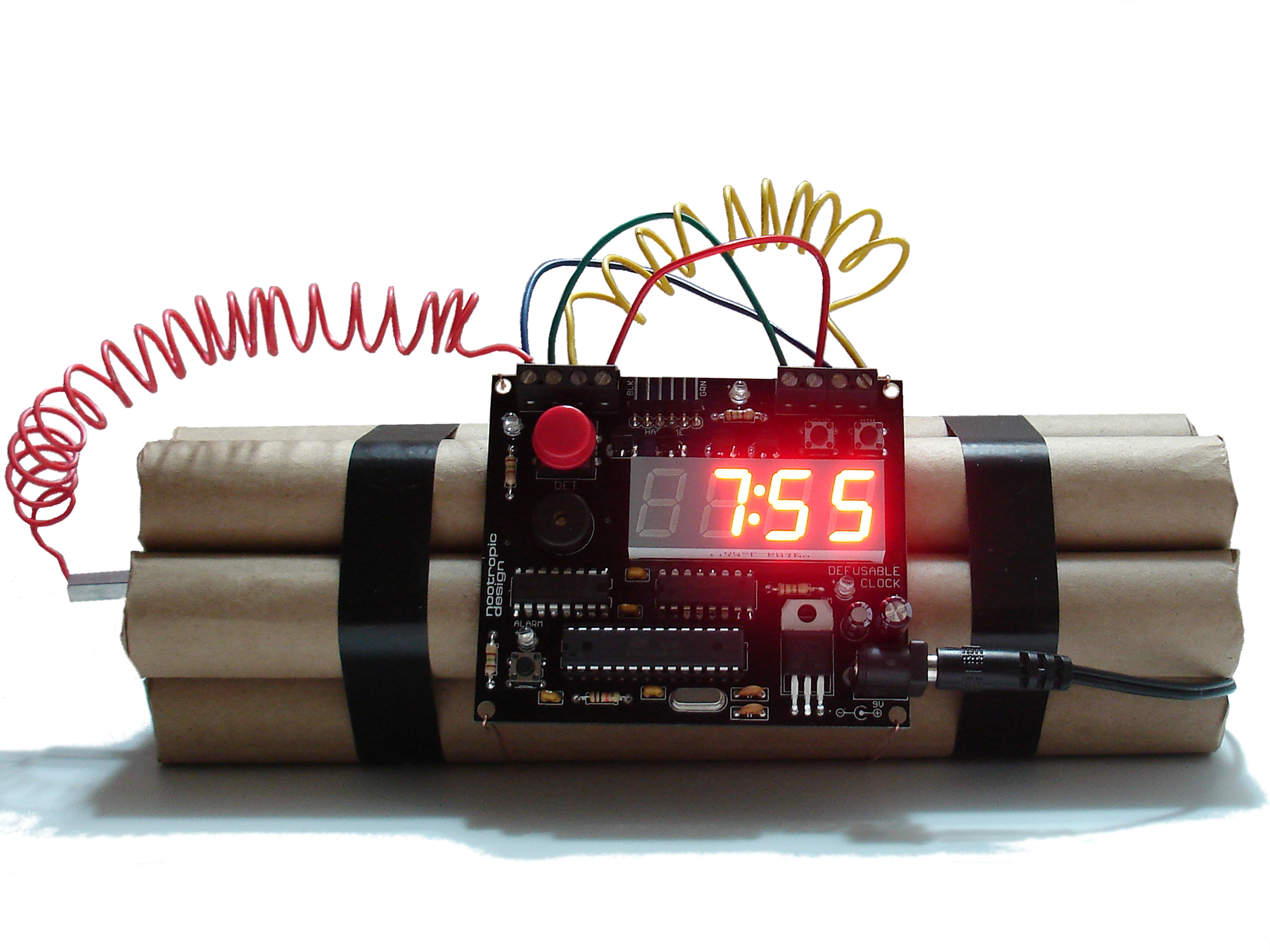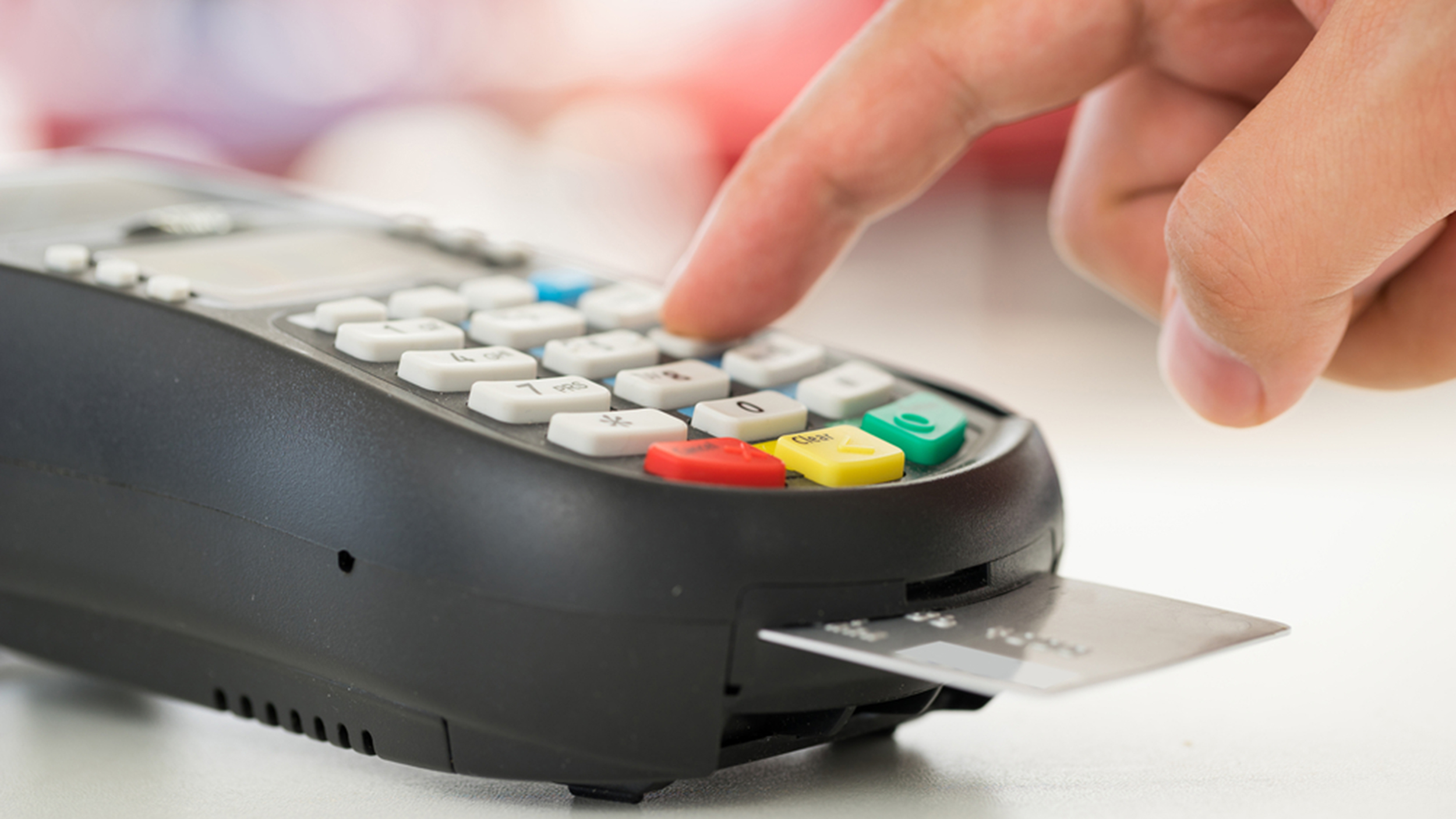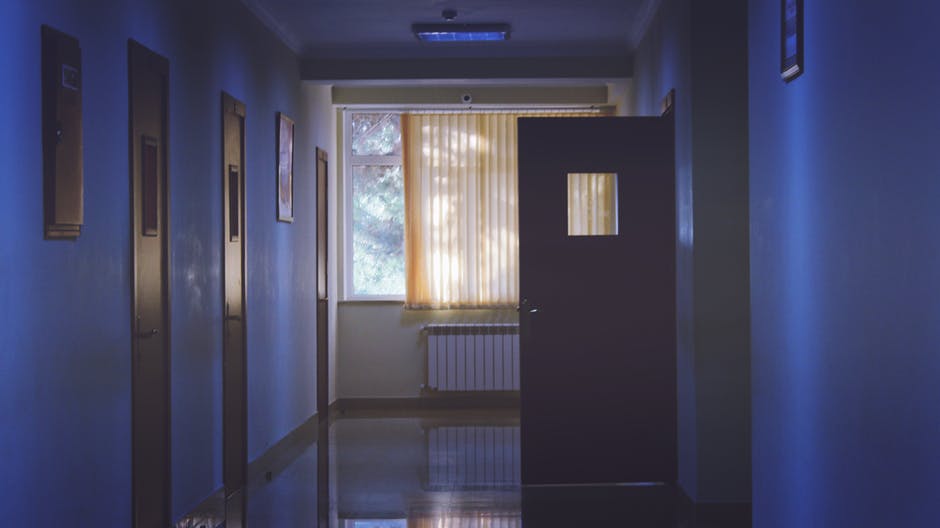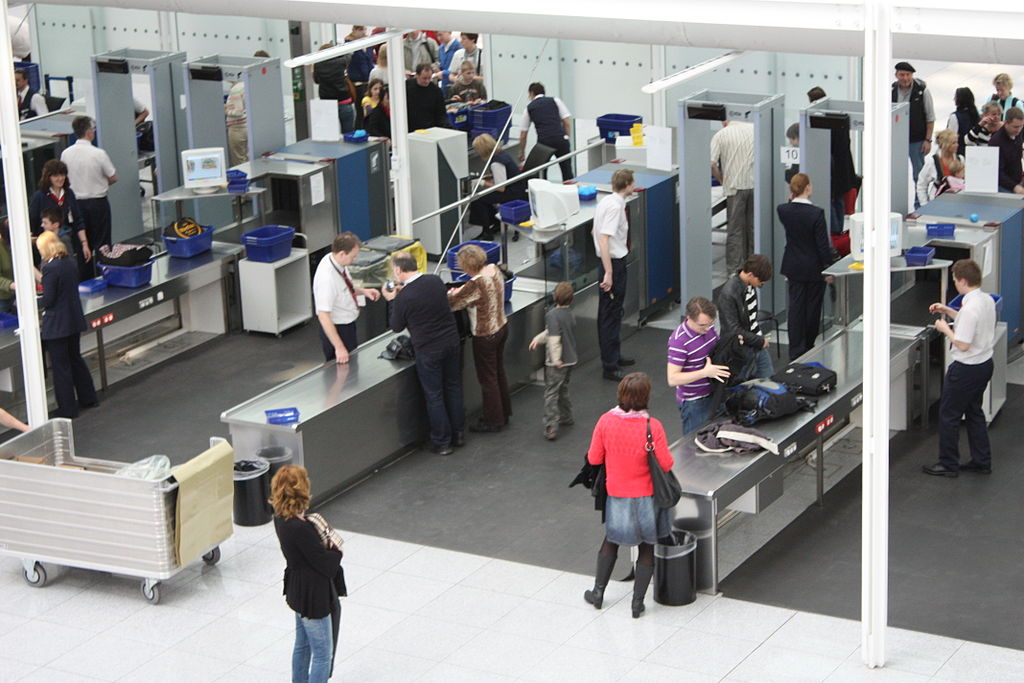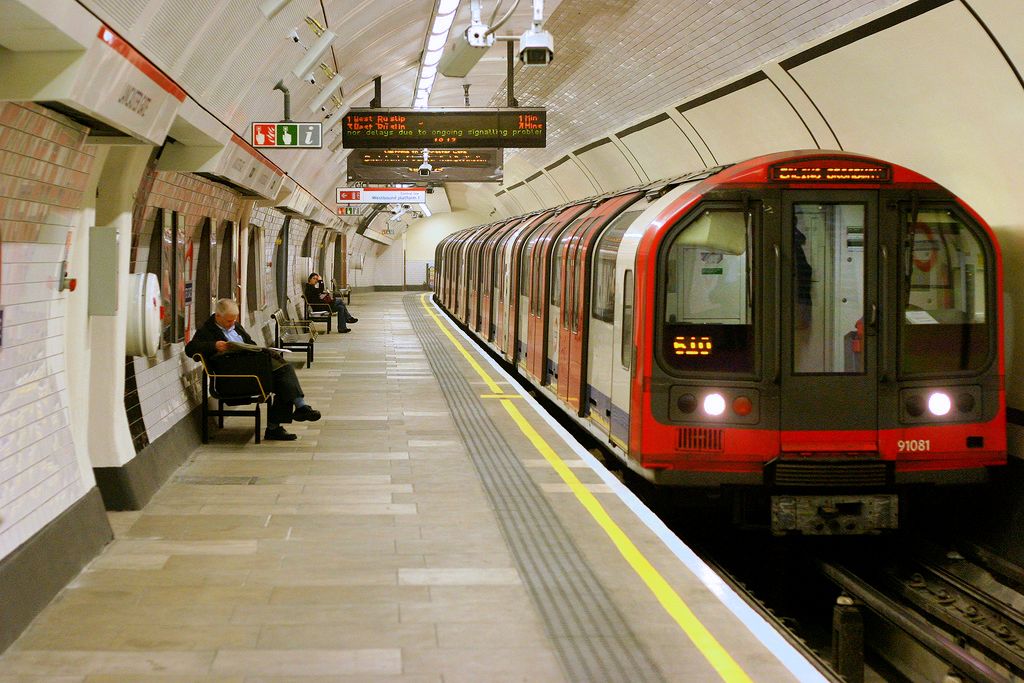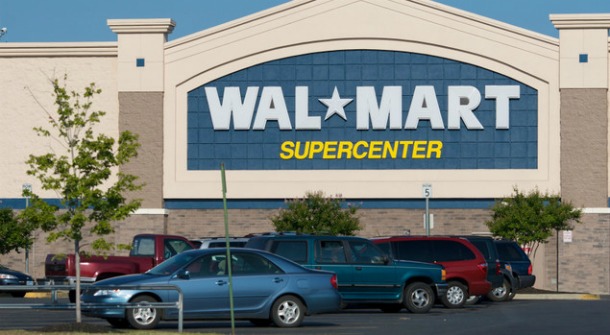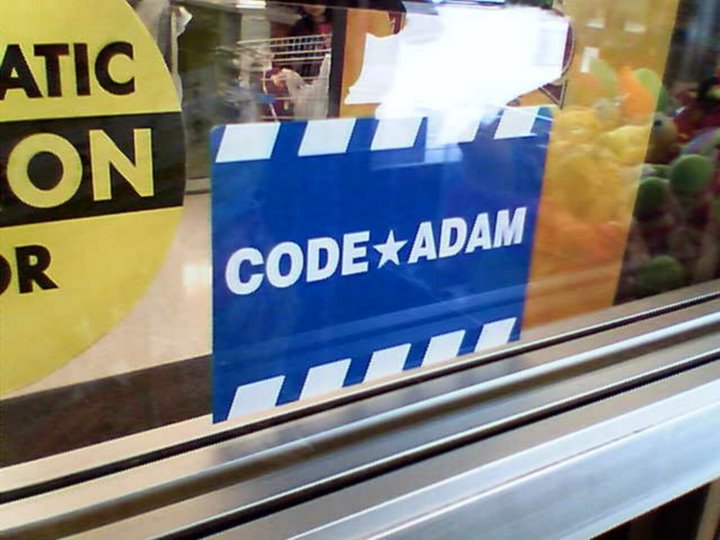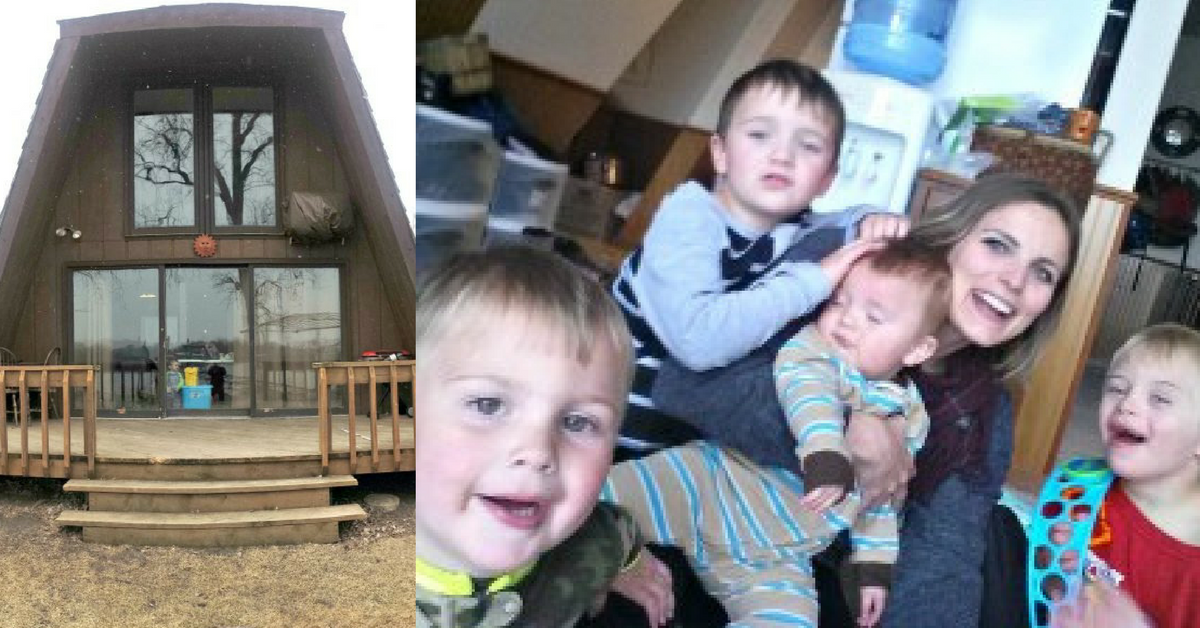Everywhere there are massive groups of people, there is plenty of potential for things to go wrong. It's easy for troublemakers to hide themselves within a crowd and before you know it, havoc is everywhere.
One way to keep chaos at bay is for staff members of public places like hospitals, stores and entertainment venues to have secret codes.
These special words are supposed to be kept private so that non-staff members don't panic, or so as not to alert someone (like a thief) that they have been spotted.
While many places have their own set of codes, many others use universal codes.
Here are our top 10 secret codes that might prove useful to you in the future:
10. The Ten Codes
You may recognize these from the show Cops in which you get to follow along with police officers, constables, sherriff's deputies and federal agents as they investigate criminal activity.
Although these codes aren't exactly private (you can find lists online) many police departments have tried to make it illegal to share them with the public.
In the ten codes system, a 10-33 means Emergency: all units stand by, while a 10-89 means bomb threat.
9. Tech Support
We've all had that awkward conversation with tech support where they ask us to turn the computer off, then on again as though we're too dumb to think of it on our own.
For some individuals, this kind of advice is actually required. There are certain codes that are used by tech support workers that identify particularly dense customers and warn the next technician about who they might be dealing with the next time they answer the call.
If you work in tech support, you might see "The fault was a PICNIC" (Problem In Chair - Not In Computer), or an ID 10 T Error, which is, of course an IDIOT Error.
8. Time Check
This code word has been used in stores to alert staff to a bomb. If you hear this and notice staff ushering people out of the store, you need to exit as quickly and calmly as you can - this is not a drill!
Some stores use this code in order to get their staff to start SEARCHING for the bomb!
7. Code 10
Not to be confused with ten-codes, the Code 10 in hospitals can refer to a mass casualty or a serious threat like a bomb alert.
It's more likely that you'll hear a code 10 when you're about to pay for an item at a store. If the cashier is suspicious of you or your card, they might use this code to alert the credit card company. This type of call often results in a call to local police.
6. Dr. Brown
The code word that alerts hospital security staff to a threat to personnel is "Doctor Brown." When you hear this special word, you know that a nurse or a doctor is in danger either from a violent patient or a non-staff member.
Some hospitals use Code Silver to alert security to a person with a weapon and code gray to a violent person without a weapon.
Do you know any other codes? Share them with us!
Many of us hear these codes when we are shopping, waiting for a loved one to come out of the hospital and even as we're commuting to work on the subway.
But how often do we actually stop to think about the codes and what they mean? Most of the time, they're not that urgent.
When there is a real emergency, knowing what these codes mean could be the difference between life and death - are you prepared?
5. Code Oscar
If you're sailing on a ship and you hear "Code Oscar" look over the edge, because someone has fallen overboard!
Code Delta can mean that there is a biological hazard and Code Alpha means "medical emergency."
4. Code Bravo
Believe it or not, this one is actually MEANT to cause chaos. When the alert is raised, airport security agents begin to yell "Code Bravo" in order to confuse passengers.
Supposedly, this makes it easier for agents to locate the source of the problem without interference for the public.
However, if you hear this on a ship, prepare to board the life boats. Code Bravo means there's a fire.
3. Inspector Sands
Sometimes known as Mr Sands, this code is used in the United Kingdom to alert services staff of a store or the subway systems that there is a fire. In the subway, "Inspector Sands" recordings are triggered by smoke detectors.
In the July 7, 2005 bombings, this recording was played on loop throughout the underground system.
If you hear Mr. Gravel over the speaker of the subway system, you might want to high-tail it out of there - this one means bomb.
2. Walmart
No, it's not a code word, but Walmart does have it's own special alert system. If you hear a code 300 (security) and a Code Orange (chemical spill) you might wonder what exactly they're selling at your location.
A Code Red is fire in the building, and a Code Blue means bomb. Pretty much just leave during both alerts. A Code Green means there is a hostage situation, which, is pretty alarming in it's own right - are there THAT many people being taken hostage in American Walmarts?
1. Code Adam
This is actually the most well-known code and it was even invented by Walmart!
Code Adam is an internationally recognized alert that means "missing child." It was first used in 1994 in memory of 6-year-old Adam Walsh who went missing in a Sears department store in Florida in 1981.
In 2003 the US Congress passed legislation making "Code Adam" program compulsory in all federal office buildings.
[h/t Listverse]
